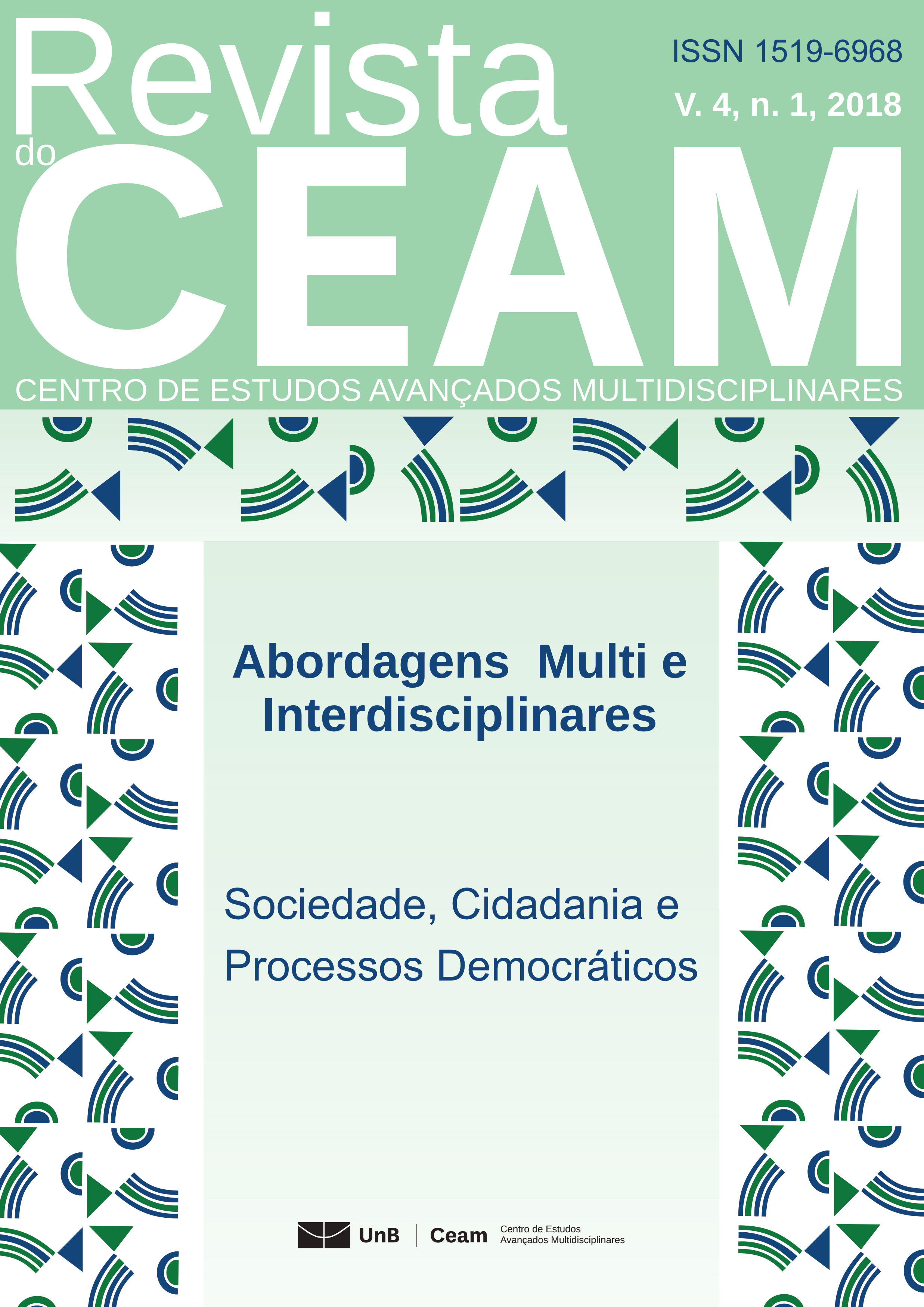Some problems of comparison as a method of the social sciences
in search for understanding or explanation?
DOI:
https://doi.org/10.5281/zenodo.2648133Keywords:
Comparative methods, Comparative research, Ethnography, Social analysisAbstract
This article reviews some of the most common comparative approaches in the social sciences and questions their implications to the methodological dilemmas existing in the current literature. Based on classic works in the field of comparative social sciences and the analysis of recent studies published in Latin America, some of the main dichotomies inherent to the researcher’s choice regarding the main alternatives of comparison are presented: similarity vs. difference; synchrony vs. diachrony; intra-system vs. trans-sys- tem. In addition to any discussion aimed at identifying the “appropriate” model, the ob- jective of the article is to explain the real difficulties faced by researchers in defining the design of their social research and to reveal some limitations of the comparative method for the construction of causal inferences. The discussion concludes with the argument that the use of strategies that consider the so-called “non-methodical moment” of resear- ch can lead to a more fruitful approach to social phenomena.
Downloads
References
ABERS, Rebecca; KECK, Margaret. Anexo metodológico. Practical authority: agency and institutional change in Brazilian water politics. New York: Oxford University Press, 2014.
AUYERO, Javier. Patients of the State: the politics of waiting in Argentina. Durham: Duke University Press, 2012.
BONOMA, Thomas V. Case research in marketing: opportunities, problems, and process. Journal of Marketing Research, vol. XXII, May 1985.
BOURDIEU, Pierre. Razões práticas: sobre a teoria da ação. São Paulo: Papirus, 2003.
BOURDIEU, Pierre; CHAMBOREDON, Jean-Claude; PASSERON, Jean-Claude. Ofício de sociólogo: metodologia da pesquisa na sociologia. Petrópolis: Vozes, 2004.
CANNAVÓ, L. Qualitá e quantitá: tra metodologia e sociologia della scienza. Sociologia e Ricerca Sociale X(28), p. 35-46, 1989.
DELLI ZOTTI, G. Quale quantitá e quanta qualitá nella ricerca sociale: tra integrazione e convergenza. In: CIPOLLA, C.; LILLO, A. de (Orgs.). Il sociologo e le sirene: la sfida dei metodi qualitativi. Milano: Franco Angeli,1996. p. 136-166.
DURKHEIM, Émile. As formas elementares de vida religiosa. São Paulo: Edições Paulinas, 1989.
FALLETTI, Tulia; LYNCH, Julia. Context and causal mechanisms in political analysis. Comparative Political Studies, 42(9), p. 1143-1166, 2010.
FOX, Jonathan A. Social accountability: what does the evidence really say?. World Development, v. 72, p. 346-361, 2015.
GADAMER, Hans-Georg. Verdade e método. V. 1. Petrópolis: Vozes, 2004.
HALL, Peter. Aligning ontology and methodology in comparative politics. In: MAHONEY, James; RUESCHEMEYER, Dietrich (Eds.). Comparative historical analysis in the social sciences. Cambridge: Cambridge University Press, 2003. p. 373-404.
KING, Gary; KEOHANE, Robert O.; VERBA, Sidney. Designing social inquiry. Princeton: Princeton University Press, 1994.
NEGRI, Camilo. O desenho de pesquisa comparativo em ciências sociais: reflexões sobre as escolhas empíricas. Brasília: Centro de Pesquisa e Pós-Graduação sobre as Américas/UnB, 2011. Série Ceppac.
OLIVEIRA, Roberto Cardoso de. O lugar (e em lugar) do método. O trabalho do antropólogo. 2. ed. Brasília: Paralelo 15; SP: Ed. Unesp, 2000.
OLIVEIRA, Roberto Cardoso de. O trabalho do antropólogo. São Paulo: Unesp, 1998.
PRZEWORSKI, Adam; TEUNE, Henry. The logic of comparative social inquiry. New York: John Wiley & Sons Inc., 1970.
RICOEUR, P. Du texte à l’action. Essais d’herméneutique II. Paris: Collection Esprit/Seuil, 1986.
RUESCHEMEYER, Dieter; MAHONEY, James. Comparative historical analysis in the social sciences. Cambridge: Cambridge University Press, 2003.
SARTORI, Giovanni. Where is political science going?. PS ”“ Political Science & Politics, v. 37, n. 4, p. 785-787, 2004.
TROCHIN, William. The research methods knowledge base. Cincinati: Atomic Dog, 2011.
Downloads
Published
How to Cite
Issue
Section
License
Copyright (c) 2019 Paulo Alexandre Batista de Castro

This work is licensed under a Creative Commons Attribution 4.0 International License.
Autores mantém os direitos autorais e concedem à Revista do CEAM o direito de primeira publicação, com o trabalho simultaneamente licenciado sob uma Licença Creative Commons - Atribuição 4.0 Internacional, permitindo o compartilhamento do trabalho com reconhecimento da autoria do trabalho e publicação inicial nesta revista.









